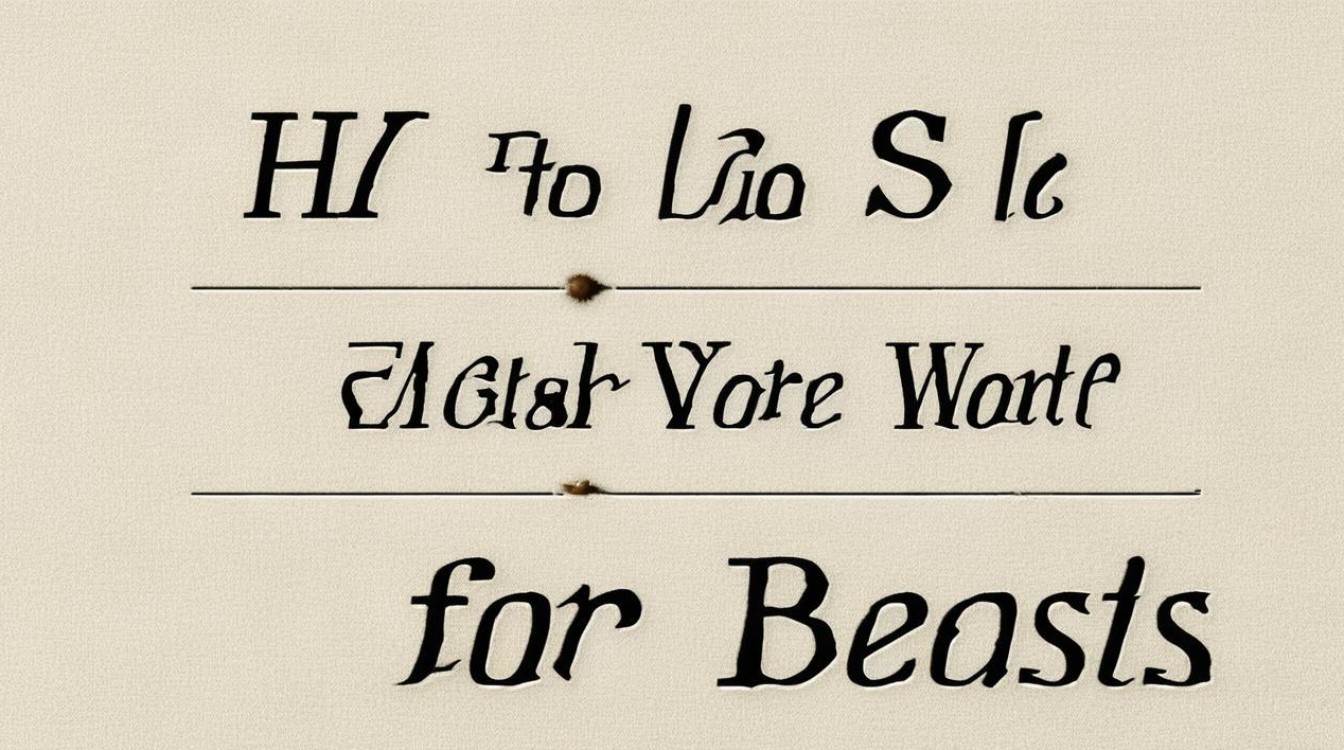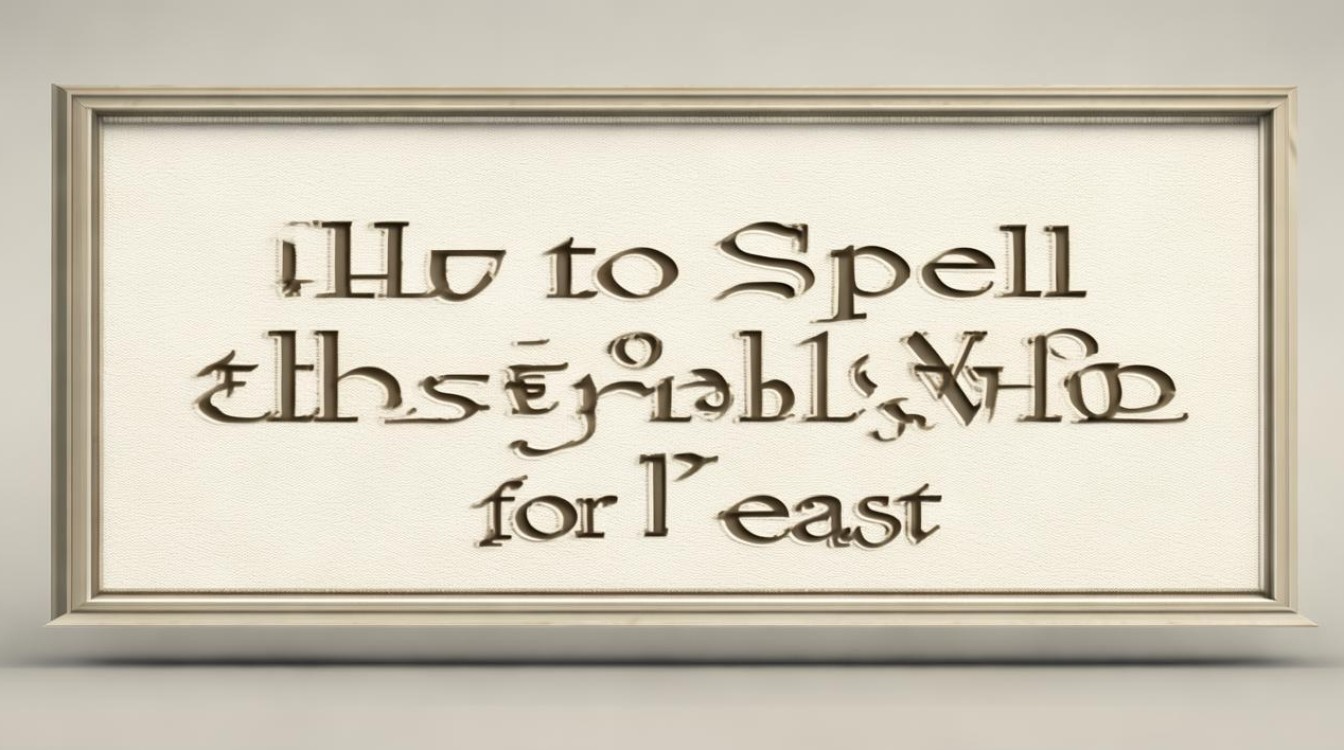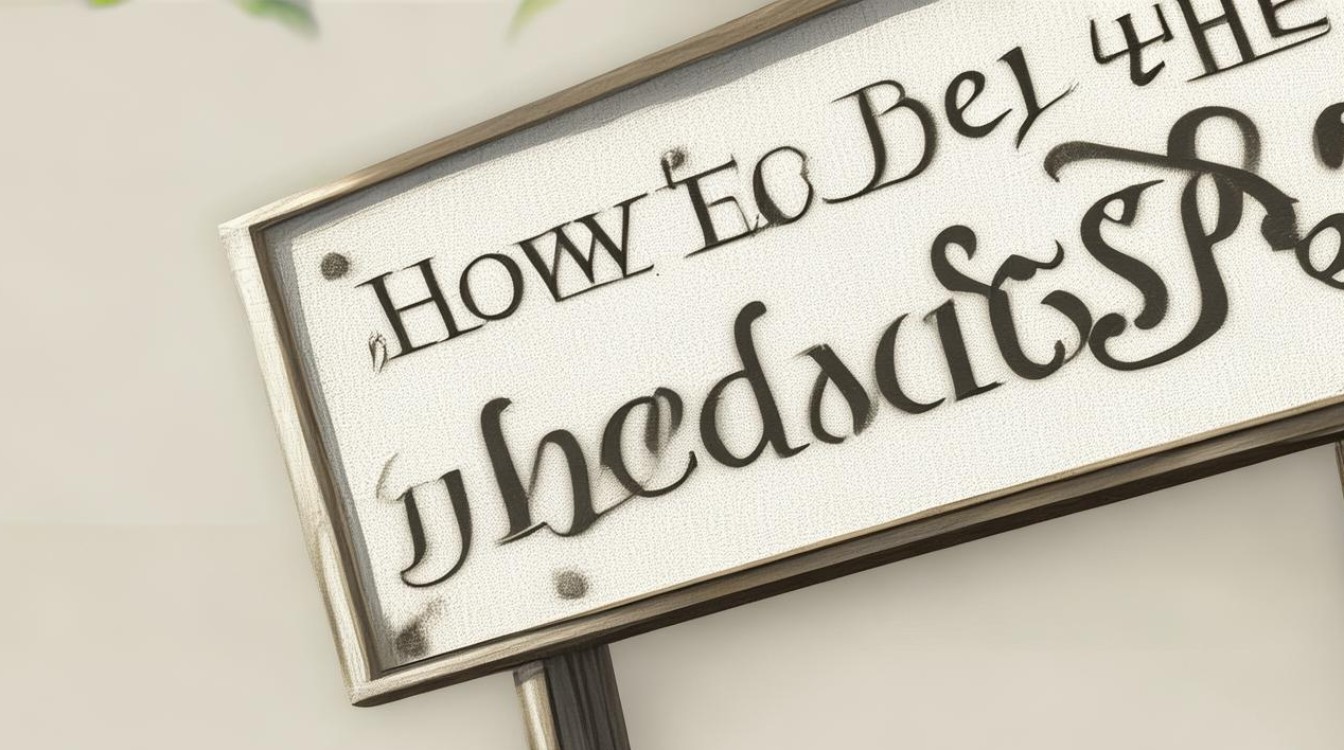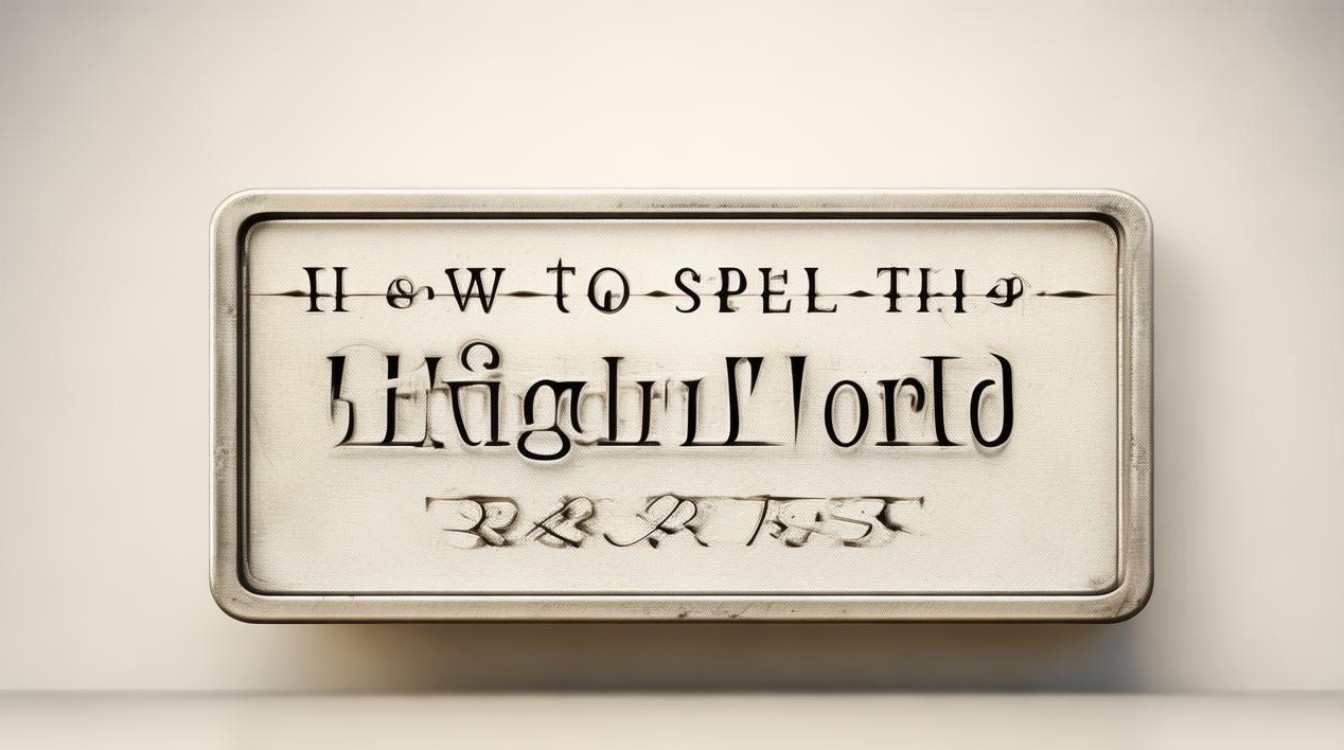When learning English, mastering animal vocabulary is essential, and one of the most powerful terms is "beast." But how exactly is this word spelled? The correct spelling is B-E-A-S-T, pronounced /biːst/.

The Meaning and Usage of "Beast"
"Beast" refers to a wild or dangerous animal, often with connotations of strength, ferocity, or untamed nature. It can describe creatures like lions, bears, or mythical monsters. In modern slang, it also refers to someone exceptionally skilled or dominant in a field, such as an athlete being called a "beast" for their performance.
Example sentences:
- The lion is often called the king of beasts.
- He’s a beast on the basketball court.
Common Misspellings and How to Avoid Them
Many learners mistakenly spell "beast" as:
- Beest (an archaic term for "be," not related to animals)
- Biest (incorrect spelling)
- Beasst (double "s" is unnecessary)
To remember the correct spelling, think of the phrase: "Big Elephants Are Strongest Things." The first letters spell "BEAST."

Etymology: Where Does "Beast" Come From?
The word traces back to Old French beste, from Latin bestia, meaning "wild animal." Over time, it evolved in Middle English to its current form. Understanding its roots helps solidify its spelling and meaning.
Synonyms and Related Terms
If you want to expand your vocabulary, consider these alternatives:
- Creature (a neutral term for any living being)
- Monster (implies fear or unnatural size)
- Brute (suggests raw strength, often negative)
- Predator (an animal that hunts others)
Each term carries a slightly different nuance, so choosing the right one depends on context.
"Beast" in Popular Culture
The word appears frequently in literature, movies, and idioms:

- Beauty and the Beast – A classic fairy tale contrasting gentleness with wildness.
- Release the beast! – A phrase signaling unleashing power or anger.
- Beast mode – Slang for performing at peak intensity.
These references reinforce how deeply embedded "beast" is in language.
Why Spelling Matters
Accurate spelling ensures clear communication. Misspelling "beast" could lead to confusion, especially in writing. For example:
- He faced a wild beest in the forest. (Incorrect)
- He faced a wild beast in the forest. (Correct)
Small errors can alter meaning or reduce credibility, particularly in professional or academic settings.
Tips for Memorizing Animal Vocabulary
- Use Flashcards – Write "beast" on one side and its definition on the other.
- Associate with Images – Visualizing a roaring lion can link the word to its meaning.
- Practice in Sentences – Regular usage reinforces memory.
- Listen to Native Speakers – Hearing the word in context aids retention.
Fun Facts About the Word "Beast"
- In heraldry, a "beast" often symbolizes courage or nobility.
- The term was once used to describe livestock, showing how meanings shift over time.
- "Beast" can be playful, like calling a pet dog a "little beast" affectionately.
Final Thoughts
Spelling "beast" correctly is simple once you break it down: B-E-A-S-T. Whether discussing wildlife, mythology, or slang, this word carries weight. By understanding its origins, synonyms, and cultural impact, you’ll use it confidently in any context.

If you found this guide helpful, explore more animal-related vocabulary to enhance your English skills. Keep practicing, and soon, spelling even the trickiest words will feel effortless.






